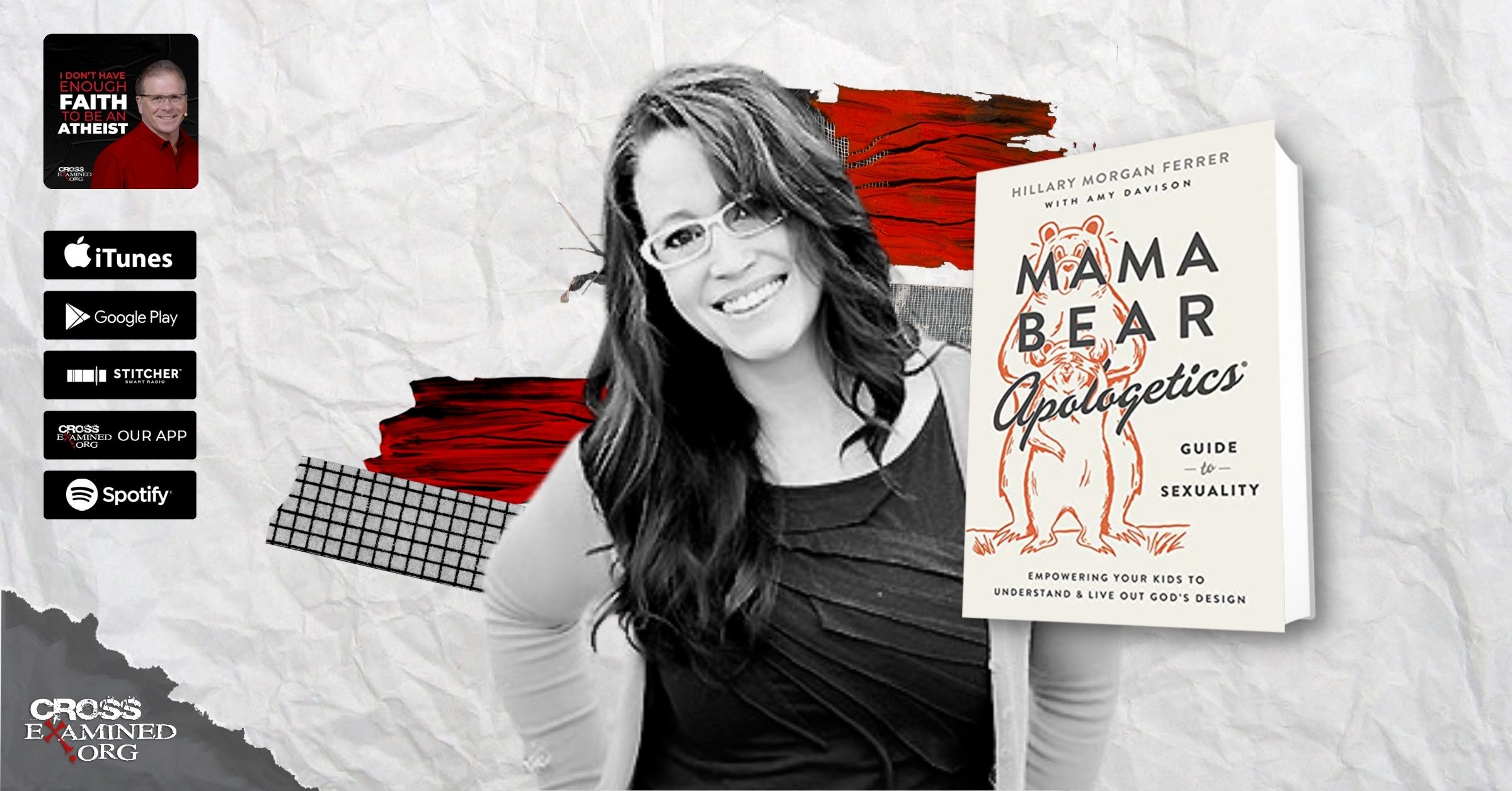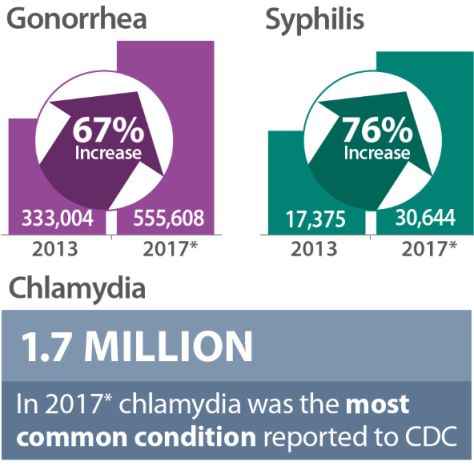By Mikel Del Rosario
Understanding Acceptance, Approval, and Convicted Civility
When I speak at student events, Christian kids ask me, “How should I relate to my gay friends?” Many believers struggle to relate to their LGBT neighbors, friends, and family because they worry about being misunderstood. How do we stick to biblical convictions while loving our neighbors as ourselves? I’ve learned a lot about this area of engagement through my work with Darrell Bock at the Hendricks Center. Along the way, I’ve discovered three key questions many Christians have:

- Why does the church seem hesitant to engage?
- Is there a difference between acceptance and approval?
- How can we challenge people well as ambassadors of Jesus?
Why does the church seem hesitant to engage?
I know it’s tough to stand up for a biblical view of sexuality. But some Christians say relating to their gay neighbors can seem even tougher. Maybe it’s because many of our brothers and sisters grew up with an unhealthy way of separating “church people” from “non-church people.” In fact, I think many people who come from Christian homes may have been raised with a “culture-war mentality” that makes winsome engagement difficult for them today.
But think about this: We all have the same core needs before God. It might be in different areas of our lives, but we all need his grace and forgiveness. This realization should make us question any kind of “us vs. them” mentality we may still have in the back of our minds. After all, everyone’s born with desires and tendencies we never asked for. One way to balance loving our neighbors with holding Christian convictions is to know the difference between acceptance and approval. Because it’s important to make a distinction between the two.
Is there a difference between acceptance and approval?
Just like the kids who approached me at a church event, Christian adults also wonder, “How should I relate to my gay friends or co-workers?” “What about gay family members or their friends?” Parents have asked me, “Will I compromise my stance on biblical sexuality by being kind to my gay child’s partner?” I like Pastor Caleb Kaltenbach’s approach. He grew up in the LGBT community and he talks about the difference between accepting people and approving of what they do:
We’re called to accept everybody as an individual. That doesn’t mean we approve of every life choice somebody makes… Parents of [gay] teenagers who “come out” to them sometimes think, “If I accept my child, that means that I’m approving of a same-sex relationship.”
My point is, no. Anybody should be able to walk through the doors of my church when I preach…I shake hands every Sunday with people that made life choices that I wouldn’t approve of. But that doesn’t mean that I accept them any less…
[At] our church…you can belong before you believe…not saying that we integrate people into the body of Christ without salvation. But we give people a chance to be a part of our community. That’s where we live out that acceptance versus approval.
…We have to own the fact that it isn’t our job to change somebody’s sexual orientation. It is our job to speak the truth into people’s lives.
We need to understand people from their perspective…a lot of Christians are not willing to do that when it comes to certain people, including the LGBT community… [1]
So acceptance means respecting people made in God’s image. Approval is like signing-off in agreement on what someone believes. These are two different things.
Still, everyone’s obligated to obey God’s commands. This brings a moral challenge to the area of sexuality—a space where we all need to be sensitive to objective moral values and duties. Darrell Bock explains the importance of LGBT engagement:
There’s a moral challenge for the way God calls people to live in the standards that he reflects which is a way of saying, “The most efficient, effective, authentic way to live is to live this way.” But you’ve got people who live differently. The very people who you want to challenge with those standards are the very people you want to invite into a new experience with God, who is the solution. If you wall them off from going there, you’ve actually cut [them] off from the solution.[2]
While the church can’t approve of a lifestyle that’s insensitive to God, accepting all people and loving them well mirrors Jesus’ example—challenging people with truth and compassionately serving others. I love how my local church uses the slogan, “Radical inclusivity and profound transformation.” The church should be inclusive, while recognizing that a real relationship with God includes life transformation. This is a great starting point for answering the question, “How should I relate to my gay friends?”
How can we challenge people well as ambassadors of Jesus?
Mark Yarhouse introduced me to something called “convicted civility” which focuses on the relational part of engagement. Our team at the Hendricks Center invited him to share with the students at a DTS cultural engagement chapel. I like how he said:
“We have far too many Christians who are strong on convictions, but you wouldn’t want them to represent you in any public way because… they do it [in a way that is] not very civil in its engagement and loving and caring. Then you have Christians who are so civil, so loving, so caring, that you have no idea what they stand for. There’s this tension that you want to live out.”[3]
So, what’s it look like to balance conviction and civility? Mark told a story about a day he invited a gay activist to his presentation on sexuality. This broke down stereotypes and led to meaningful conversation:
I was making a presentation and a local gay activist contacted our university and said “I’m going [to be there].” Then, he did a YouTube video calling for all of his gay, lesbian, bisexual, transgender and other friends to come and just sit in the front couple rows and stare me down… so I invited them to come. [I thought], “He’s coming anyway, protesting me!” I invited him to come and meet me and meet my students, and sure enough, they sat down in the front rows and stared at me as I was presenting.
But I talked with him afterwards. He made a video afterwards and said, “You know, I didn’t agree with everything this guy said, but it wasn’t as bad as I thought it was.” And… he was just eviscerated by people within the gay community who felt like he should’ve been tougher on me…
One of the guys who came to protest me, I went out for coffee with him a few times. He was raised in a Christian home. He talked about his upbringing. He said, “Look, I thought when I met you that you were going to have smoke coming out of your nostrils and horns on your head. That’s the way you were depicted to me, and yet here we are having coffee and talking about this.”[4]
Interestingly, the protestor got more push-back from the gay community than he did from Christians who extended a hand to him. The whole idea of “convicted civility” is relational. But it shows there’s no need to give up our convictions while interacting with those who challenge a biblical sexuality.
Engaging with Courage and Compassion
The next time someone asks you, “How should I relate to my gay friends and co-workers?” Think about Paul’s words: “Receive others as you have been received by Christ” (Romans 15:7). When we were far from God, Jesus took the initiative to engage from a heart of compassion. Relating to people on the basis of love can give people pause—even those who disagree with us on moral issues.
Unfortunately, one of the first things many people think about when they hear the word “Christian” is “intolerant bigot” or something like that. A key way to break down this stereotype is engaging with courage and compassion. So that when someone hears the claim that “Christians are intolerant bigots,” their first thought would be “Are you sure about that? I actually know some Christians and they don’t treat me that way at all.” As my friend Sean McDowell says:
The power of individual lives and Christians reaching out to nonbelievers and people of all different stripes is probably the most important way to overturn this cultural stereotype that is affecting the way that we’re seen and relate to people.[5]
So, how can we relate to our gay friends and neighbors while holding to biblical convictions? By understanding the difference between acceptance and approval. By approaching conversations with convicted civility. And extending a hand that offers something way more than just tolerance—the love of Jesus.
Recommended Links
Notes
[1] Table Podcast, Grace and Truth in LGBT Engagement
[2] Ibid.
[3] DTS Voice, What Does Convicted Civility Look Like?
[4] Ibid.
[5] Table Podcast, Truth, Love, and Defending the Faith
Mikel Del Rosario helps Christians explain their faith with courage and compassion. He is a doctoral student in the New Testament department at Dallas Theological Seminary. Mikel teaches Christian Apologetics and World Religion at William Jessup University. He is the author of Accessible Apologetics and has published over 20 journal articles on apologetics and cultural engagement with his mentor, Dr. Darrell Bock. Mikel holds an M.A. in Christian Apologetics with highest honors from Biola University and a Master of Theology (Th.M) from Dallas Theological Seminary where he serves as Cultural Engagement Manager at the Hendricks Center and a host of the Table Podcast. Visit his Web site at ApologeticsGuy.com.
Original Blog Source: http://bit.ly/2snkdUX








